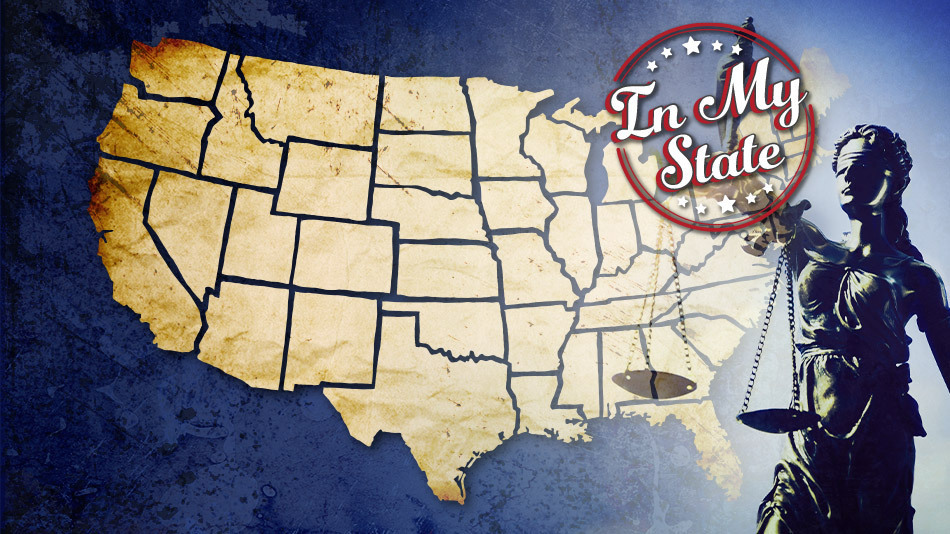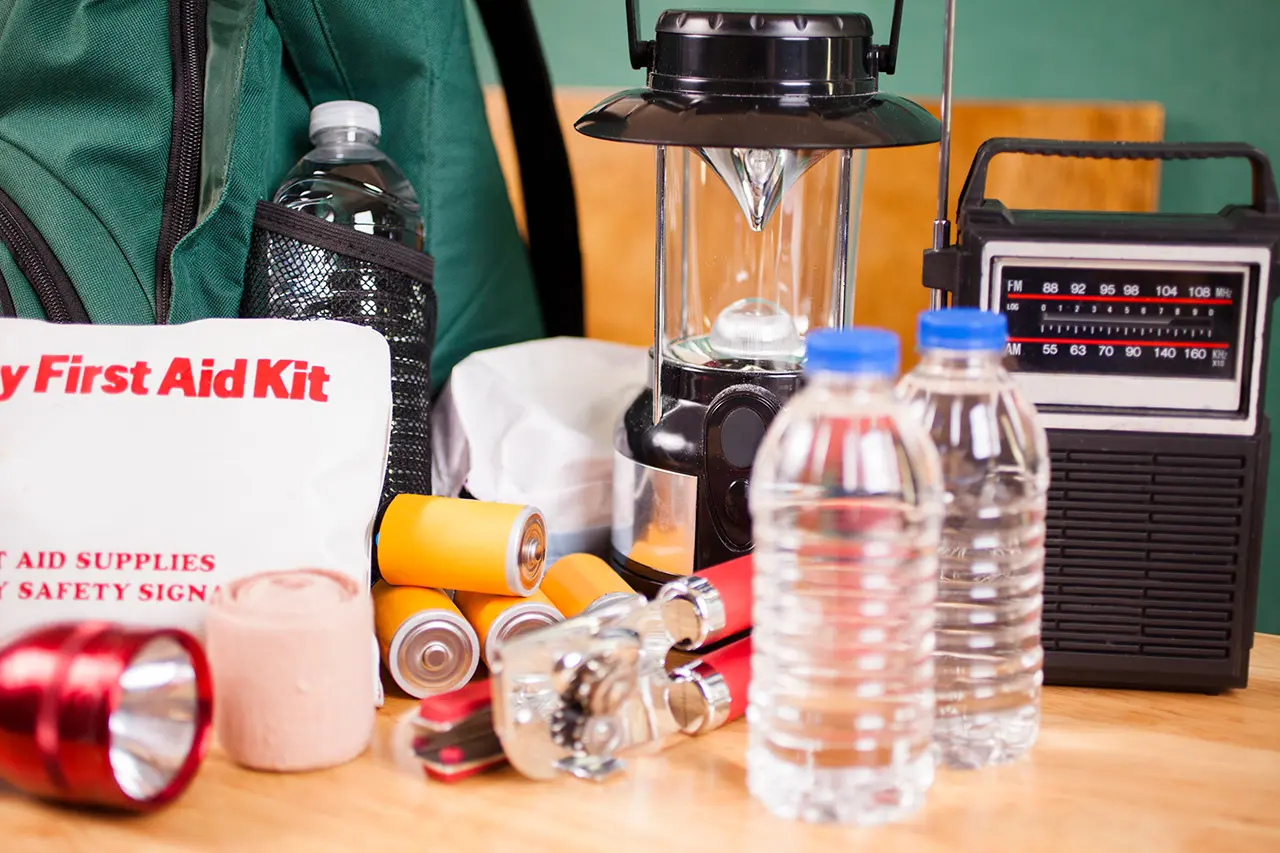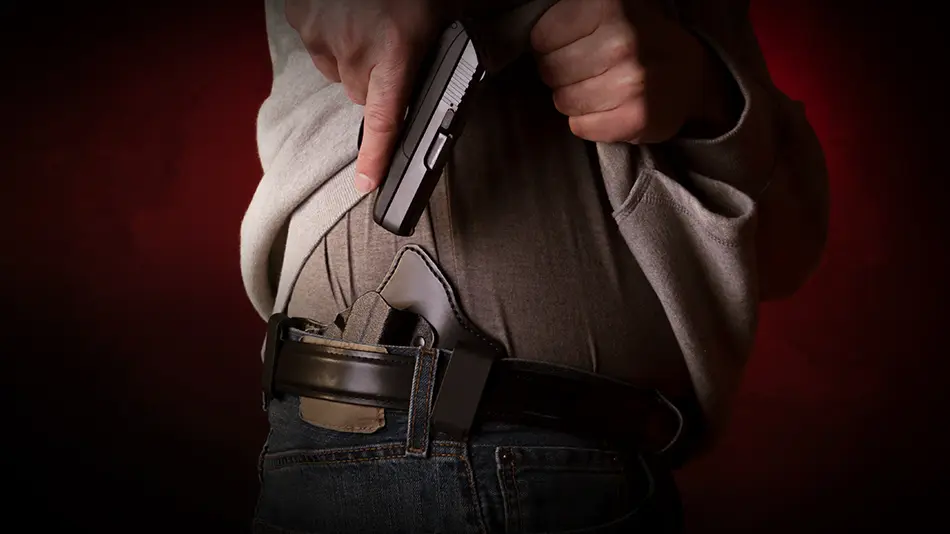
Universal background checks. Closing the “Gun Show Loophole.” Anti-gun activists and politicians at the federal and state level are proposing laws that would affect how law-abiding gun owners can buy and sell firearms. What does this current legislative push mean for you and your next firearm transfer?
Proposed Federal Law
Currently, federal law does not require background checks for private sales between individuals. However, you may have heard about the two new background check bills that passed the U.S. House of Representatives in mid-March. H.R. 8 is a “universal background check” bill. This bill would require virtually all private sales to go through a licensed dealer that possesses a Federal Firearms License (“FFL”) and require background checks through the National Instant Criminal Background Check System (“NICS”). The bill only builds in a few exemptions, such as transfers to law enforcement, transfers between some immediate family members, and transfers upon death by operation of law (among a few select others). H.R. 1446 is an “enhanced background check” bill, which extends the current period an FFL dealer is required to wait for a return response from the NICS system after a “delay” from three days to ten days. The bill also imposes other potentially onerous reporting requirements upon FFL dealers. Both bills would mean significant changes in the way we buy and sell firearms. Luckily, at present, there is little indication that these bills will make it through the U.S. Senate and become law. However, we all know how fickle politicians can be, so concerned gun owners should keep a close eye on these bills and call their senators to express their objections to these measures.
The “Gun Show Loophole”
You’ve heard this favorite phrase of the anti-gun lobby, but what does it actually mean? You likely won’t be surprised to hear that the “Gun Show Loophole” isn’t actually a “loophole” at all. Gun control advocates use this terminology to refer to any legal private sale that occurs without a NICS background check at gun shows, even though the reality is that only 0.8% of criminals who possessed a firearm during their offense obtained the firearm from a gun show. Of course, we know these private sales are not loopholes at all, but rather simply sales that occur (at a gun show or not) between two parties who are not FFL dealers. Therefore, when anti-gunners push to close the “loophole,” what they mean is that they want to eliminate private sales.
The Future of Private Sales in Texas
Gun laws aren’t under attack just at the federal level. It may surprise you to hear that the Texas State Legislature is considering a bill to criminalize private sales at gun shows. In addition to requiring every gun show sale to be conducted through an FFL dealer, HB 52 defines a “gun show” as “a place other than a permanent retail store” at which “three or more individuals assemble to display firearms or firearms components to the public.” Further, HB 52 would require any such gathering to provide notice of the event to local law enforcement no less than 30 days before the “gun show.” Though this bill garnered a hearing in the Texas Committee on Homeland Security and Public Safety, it appears unlikely to be voted out of committee for consideration on the full house floor. Stay tuned.
Current Law on Private Sales
What is the current law on private sales in Texas? What are the best practices? As it stands, Texas does not require a background check to be performed when individuals engage in a private sale. In addition to adhering to federal law with regard to transfers (e.g., do not transfer to an individual who resides in a different state), Texas does require that the seller not:
- Transfer a firearm to a person who the seller knows intends to commit an unlawful act;
- Intentionally transfer (or offer to transfer) a firearm to a child younger than 18 years of age;
- Intentionally, knowingly, or recklessly sell firearms or ammunition to an intoxicated person;
- Knowingly sell a firearm or ammunition to a person convicted of a felony before the lapsing of five years from release from confinement, parole, or supervision; or
- Transfer a handgun to a person knowing that the person is under an active protective order.
Though not required by law, the best practice is to create a bill of sale when conducting a private transaction.
At the same time, it is prudent to check the buyer’s driver’s license to ensure he or she is a Texas resident, is giving you their true legal name, and is 18 years or older.
Texas LawShield will continue to keep you apprised of developments in background check laws for Texas and the nation. For any questions regarding legalities and best practices for buying and selling firearms, call Texas LawShield and ask to speak to your Independent Program Attorney.
The information provided in this publication is intended to provide general information to individuals and is not legal advice. The information included in this publication may not be quoted or referred to in any other publication without the prior written consent of U.S. LawShield, to be given or withheld at our discretion. The information is not a substitute for, and does not replace the advice or representation of a licensed attorney. We strive to ensure the information included in this publication is accurate and current, however, no claim is made to the accuracy of the information and we are not responsible for any consequences that may result from the use of information in this publication. The use of this publication does not create an attorney-client relationship between U.S. LawShield, any independent program attorney, and any individual.





I agree 100% with this this proposed law.